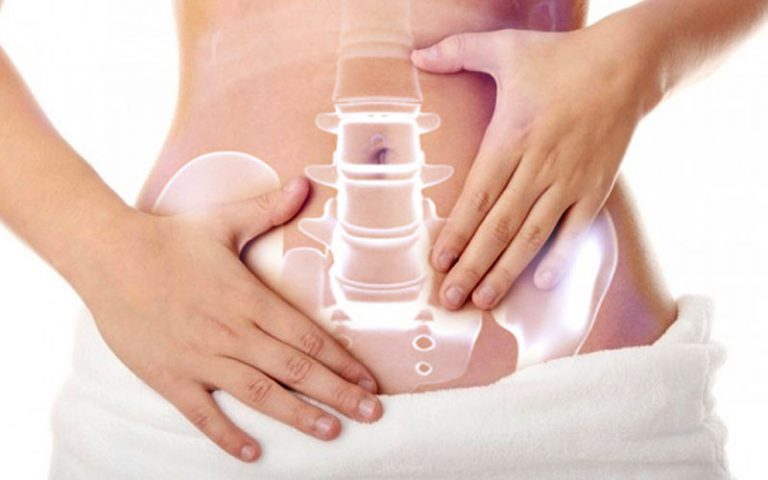By Kate Leishman, Specialist Pelvic Health Physiotherapist.
Ask most people what a physiotherapist does and they’ll think of the physio who runs on to the field during a game of football or rugby. Or they may think of the physio who helped them when they had an episode of low back pain or the physio that helped Grandad after his stroke.
But very few people think of a physio for their pelvic floor!
It’s still very common for people coming into clinic to wonder why they are here and what physio will be able to do to help them with their condition.
I mean, lets face it, only a gynaecologist can help ‘down there’ right? WRONG!
Firstly here’s a few facts about your pelvic floor
- It has a range of functions from spinal stability to sexual function. Many people know about its bladder control function, but did you also know you pelvic floor controls your bowel. It also contributes to arousal and orgasm during sex. For the men, it helps them to keep an erection. It is part of our ‘core’ system and works with other muscles like our abdominals and diaphragm to maintain stability in our spine. All of this from a small group of muscles most people don’t even know about!!!
- Men have pelvic floors too!!! I often get ladies asking if men have a pelvic floor and the simple answer is Yes, they do. A strong pelvic floor in men can help with erectile dysfunction as well as bladder and bowel control.
- Stress can manifest in your pelvic floor the same way you can show stress in your hands, jaw or shoulders. Increased tension in the pelvic floor presents as pelvic or abdominal pain, bladder and bowel problems, erectile dysfunction and painful sex.
- Childbirth increases your chances of having a pelvic floor problem, but a Caesarean section isn’t always protective, you still need to do your PFE. Think of the stretch on your pelvic floor while you have carried that baby inside you for 9 months, getting heavier and heavier. All that pressure onto your pelvic floor can cause weakness.
- Your pelvic floor holds up all of your pelvic and abdominal organs. A good pelvic floor keeps your guts off the floor!
The pelvic floor are a group of muscles at the ‘floor’ of the pelvis and they can suffer dysfunction and pain like any other of our muscles. Therefore a specialist pelvic health physio can help to restore function and reduce pain.
Pelvic Health physiotherapists are physiotherapists who have gone on to have specialist training in this area. We have a very specific knowledge of the anatomy and function of this intimate area of the body. We have often worked with gynaecologists and other surgeons to further our knowledge.
So, if you are suffering from the conditions below, it would be worth a specialist assessment by a pelvic health physiotherapist
- Stress incontinence (leakage when you cough, laugh, sneeze or do high impact exercise)
- Overactive bladder (urgency, leakage before reaching the toilet, getting up frequently to urinate at night and always feeling the need to go to the toilet during the day)
- Bowel incontinence (the leakage of stool from the back passage, or urgency associated with bowel movements)
- Chronic constipation (infrequent bowel movements or difficulty emptying them)
- Prolapse (the downward movement of the pelvic organs generally causing bulging, heaviness and dragging sensations in the pelvis or vagina)
- Painful intercourse
- Pelvic pain (a feeling of pain in the vagina, bladder or rectal areas)
- Childhood daytime wetting
- Post childbirth pelvic floor problems such as painful scars
- Post Prostatectomy urinary incontinence
So don’t suffer in silence, help is available and very effective. We’ll soon have you back to normal activities and exercise without the fear of losing bladder or bowel control.
If any of the information in the blog strikes a chord with you, or perhaps you can relate the content to someone close, then please contact us at info@lifefitwellness.co.uk or book an appointment online here.












